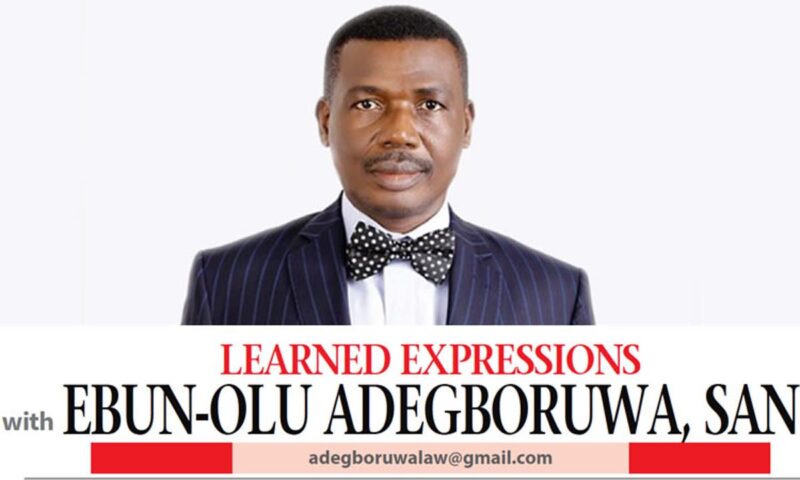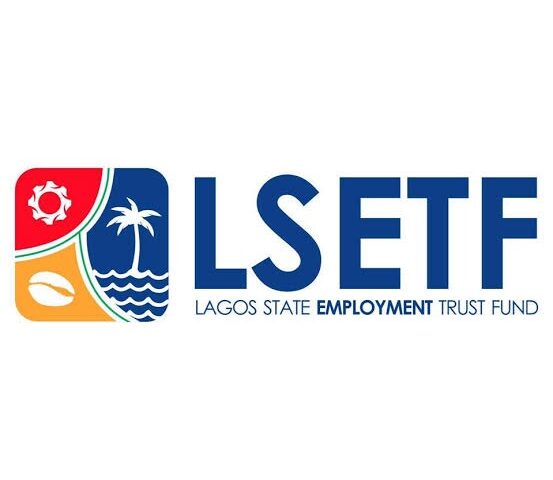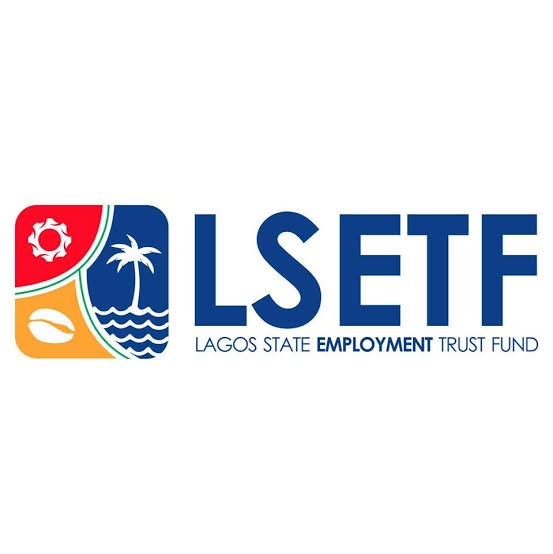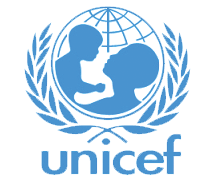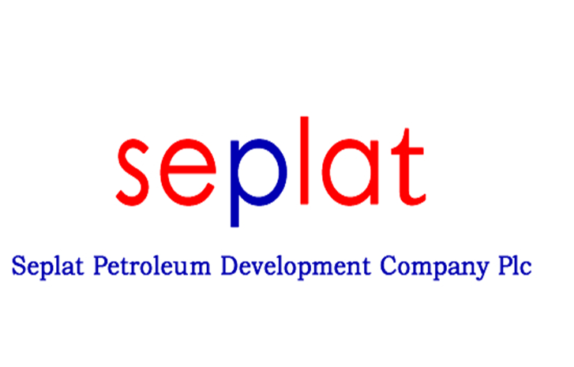Nigeria In 2023:The Legality Of Zoning
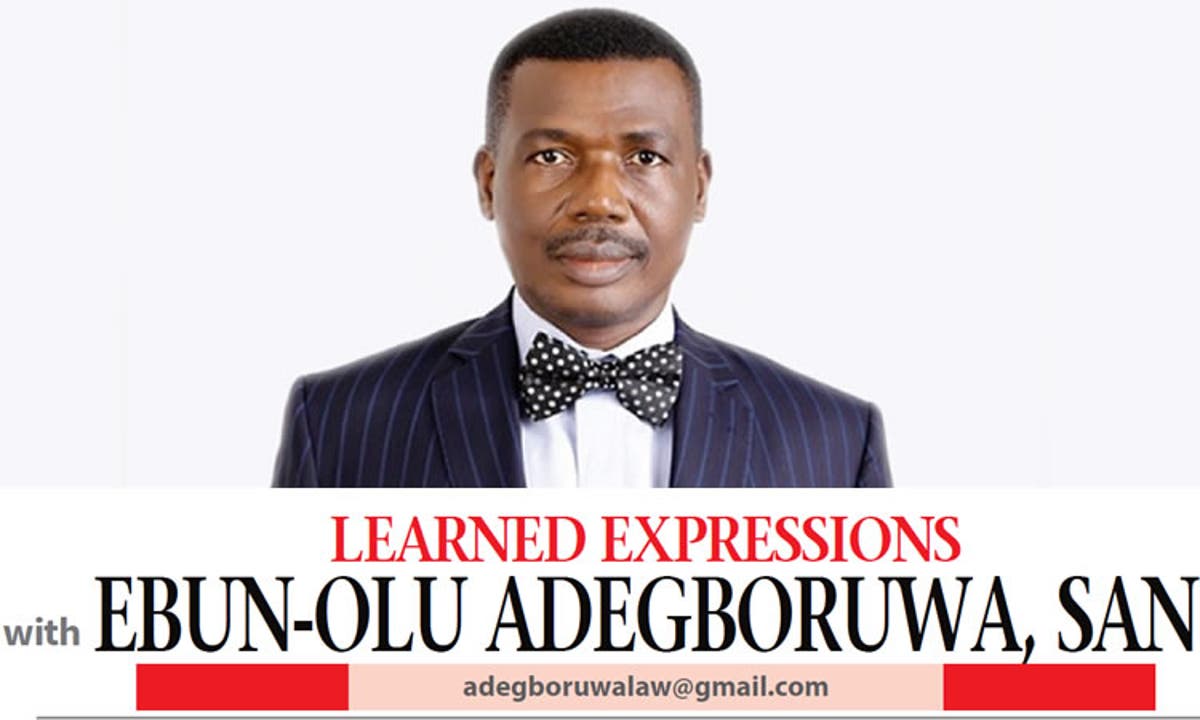
By Ebun-Olu Adegboruwa, SAN
Politicians are busy heating up the polity presently, in order to drive the stakes higher, purely for their own benefits. The starting point is to say that it is most regrettable indeed, that the discussion around the leadership of this great nation has now been reduced to regional, ethnic and religious considerations, instead of being driven by merit, issues and ideologies. But that is what the game has turned to.
This piece is to be situated within the context of that emerging trend, which I do not subscribe to in any manner whatsoever. Thus, this intervention is only a legal prognosis, occasioned by the seeming lack of appreciation of the vital constitutional imperatives by the players and the actors, in the political scene.
The burning questions then are these: who should lead Nigeria in 2023 as President? What are our expectations? Which zone in Nigeria should produce the President? And what are the factors to guide this considerations? Let us examine the following provisions of the Constitution.
Section 131. “A person shall be qualified for election to the office of President if:
(a) he is a citizen of Nigeria by birth;
(b) he has attained the age of forty years;
(c ) he is a member of a political party and is sponsored by that political party; and
(d) he has been educated up to at least School Certificate level or its equivalent.”
The above are the statutory qualifications for anyone aspiring to be the President of Nigeria. Irrespective of the political party, State of origin, the zone or even religion of the aspirant, the Independent National Electoral Commission will only search for the conditions stated above. A number of persons have held on to section 131 as the determining factor of who can be a Presidential Candidate. It is important to note however that in construing the provisions of the Constitution, a holistic interpretation is enjoined by the Courts, given that the Constitution itself is a single document. Thus, all its provisions should be read together in order to discover the intent and purpose of the drafters.
This means that section 131 must ipso facto be interpreted along with other provisions of the Constitution. This then takes us to section 14 (3).
“14. (3) The composition of the Government of the Federation or any of its agencies and the conduct of its affairs shall be carried out in such a manner as to reflect the federal character of Nigeria and the need to promote national unity, and also to command national loyalty, thereby ensuring that there shall be no predominance of persons from a few States or from a few ethnic or other sectional groups in that Government or in any of its agencies.”
The words and phrases used in this section are clear, precise and deliberate. Upon a proper dissection, it would be seen that the drafters were laboring to achieve a desired goal, which is the unity of the country through geographical spread in the distribution of public offices.
The head of the ‘Government of the Federation’ is without doubt the President. Election into that office is part of the conduct of the affairs of the Government of the Federation, including the criteria for the choice of the person to occupy that office. Section 14 (3) stipulates that the composition of the government of the Federation of Nigeria should be done to promote federal character of Nigeria.
The purpose of this mandate is to promote national unity and to command national loyalty. Indeed, if only one State in Nigeria or a particular section of the country is to produce the President all the time, then that will lead to political isolation and marginalization. Let us break it down. If the President of Nigeria is to be chosen from Igboland all the time, the Yoruba and Hausa will feel a sense of neglect and may not see the need for granting loyalty to such leader.
How do you command national loyalty from the Igbos if the North is to produce the President of Nigeria forever? How do you promote national unity when other sections of the country are deliberately excluded from clinching the highest position available?
The argument of the proponents of a Northern President come 2023 is hinged on section 133 of the Constitution which says that a candidate will be declared President if he has a majority of YES votes over NO votes cast at the election and he has not less than one-quarter of the votes cast at the election in each of at least two-thirds of all the States in the Federation and the Federal Capital Territory, Abuja.
The thinking is that if the North should swing its block votes in favour of any particular candidate, then that section could always insist on producing the President. This cannot stand as one section of the Constitution cannot stand to violate another section, in this case section 14 (3), which clearly prohibits the ‘predominance of persons from a few States or from a few ethnic or other sectional groups’ in public office or in any agency of the government. President Muhammadu Buhari was elected President in 2015 and he is from Katsina State in the Northern part of Nigeria.
He was re-elected for a second term in 2019, and he is expected to complete his eight-year tenure in 2023. In line with section 14 (3) of the Constitution, the Southern part of Nigeria is expected to produce the next President come 2023, whether or not they have majority of the votes. What is required is to combine section 131 on the eligibility of the candidate for the office of the President with section 14 (3) to determine his qualification. In other words, after fulfilling all the requirements stipulated in section 131, the candidate must of necessity not be in violation of section 14 (3). So, even if a candidate is ordinarily qualified by virtue of section 131 of the Constitution, he can be disqualified under section 14 (3) if he is from the same section of the country as the incumbent President.
The idea of rotation and zoning was mooted during the second republic by the National Party of Nigeria, which was then struggling to build a party with national appeal. It was later included in its Constitution vide Article 21 thereof that NPN will strive to achieve ‘national character’ in all its dealings. I believe that this is the origin of the phrase ‘federal character’, which later surfaced in the 1999 Constitution.
This would also explain section 223 (1) (b) and (2) (b) of the 1999 Constitution, which make it mandatory for all political parties to reflect the principle of federal character in their Constitutions.
“223. (1) The Constitution and rules of a political party shall –
(b) ensure that members of of the executive committee or other governing body of the political party reflect the federal character of Nigeria.
(2) For the purpose of this section –
(b) the members of the executive committee or other governing body of the political party shall be deemed to reflect the federal character of Nigeria only if the members thereof belong to different States not being less in number that two-thirds of all States of the Federation and the Federal Capital Territory, Abuja.”
It is not a matter in which the political parties have a choice at all, as they must reflect federal character in all their operations, including the sharing of political offices, in order to ensure strict compliance with the 1999 Constitution. Indeed, section 1 (2) thereof states that “the Federal Republic of Nigeria shall not be governed, nor shall any person or group of persons take control of the Government of Nigeria or any part thereof, except in accordance with the provisions of this Constitution.”
Thus, when the founders of the Peoples Democratic Party (PDP) were planting the Party, they adopted the equitable principle of rotation and zoning and this was expressly inserted in its Constitution.
Article 7 of the Constitution of the Peoples Democratic Party:
“7. (1) The Party shall have a manifesto which, subject to the provisions of the Constitution of the Federal Republic of Nigeria, shall be implemented by all organs of the party and governments elected under its platform.
(2) The Party shall strive to –
(b) promote federalism and an equitable revenue sharing formula.
(3) The Party shall pursue these aims and objectives –
(c) adhering to the policy of the rotation and zoning of Party and Public elective offices in pursuance of the principle of equity, justice and fairness.”
Articles 3 and 7of the Constitution of the All Progressives Congress:
“Motto: Justice, Peace and Unity”
“7. (1) To promote and foster the unity, political stability and national consciousness of the people of Nigeria.”
(2) To promote true federalism in the Federal Republic of Nigeria.”
Article 2 of the APC Constitution:
“Subject to the provisions of the Constitution of the Federal Republic of Nigeria, 1999 (as amended) and any other Laws for the time being in force in the Federal Republic of Nigeria, the provisions of this Constitution shall be supreme PROVIDED that where any Rule, Regulation or any other enactment of the Party is inconsistent with the provisions of the Constitution of the Federal Republic of Nigeria, such a Rule, Regulation and Enactment shall, to the extent of its inconsistency, be null and void and of no effect whatsoever.”
In August 2006, Northern Governors gathered in Kaduna, led by the then governor of Nasarawa State, His Excellency Abdullahi Adamu, to insist on the implementation of the principle of rotation and zoning. They claimed that there was an existing precedence on the matter and even alluded to a ‘gentleman’s agreement’ between politicians across the country, on the issue.
They won that argument at that time. Section 17 (1) of the 1999 Constitution states that the State social order is founded on ideals of freedom, equality and justice. Equality means the balance of power is not tilted in favour of a section of the country against the other sections. I verily believe that this prompted Governors of the Southern States to make a similar demand for power shift or zoning in 2021, as the case may be. It is nothing new, but rather expected and logical, that after the tenure of President Muhammadu Buhari in 2023, the Southern part of Nigeria should produce the President after him. That will accord with fairness and justice indeed. As I have stated on several occasions, it will be totally insensitive for the North to expect to produce the President of Nigeria, after the Buhari administration.
And I think the same factor should be extended to the faith of the leader. In the context of the present-day Nigeria, it will be manifestly unfair and unjust for Christians to be denied the opportunity of leading the nation. Thus, it is expected that the next President after the present one should come from the Southern part of the country and he should be a practicing Christian. This is meant to achieve stability in the polity and avoid undue tension and agitations.
The Nigerian Bar Association is currently practicing the principle of rotation and zoning, between the North, West and the South and it has worked smoothly and effectively, for the body of lawyers. There is no reason why it shouldn’t work for Nigeria.


